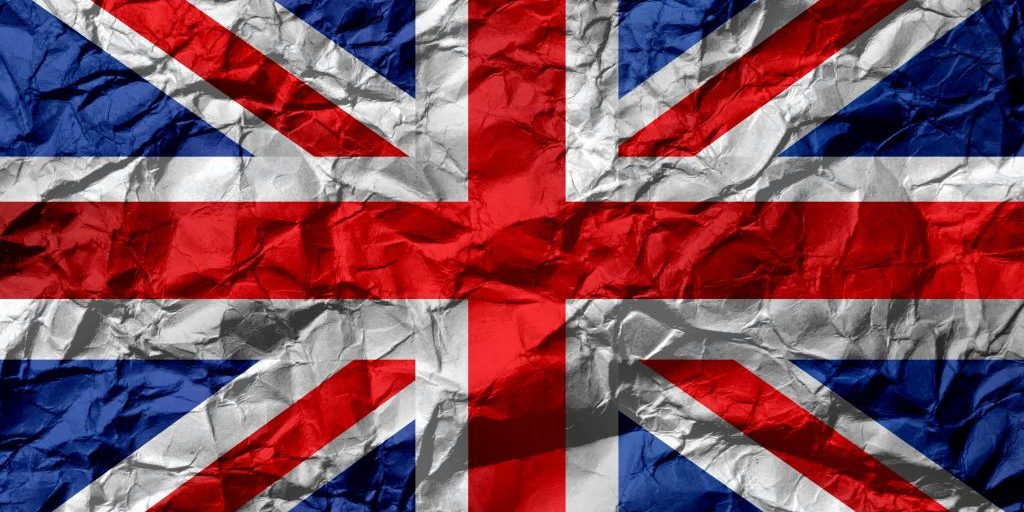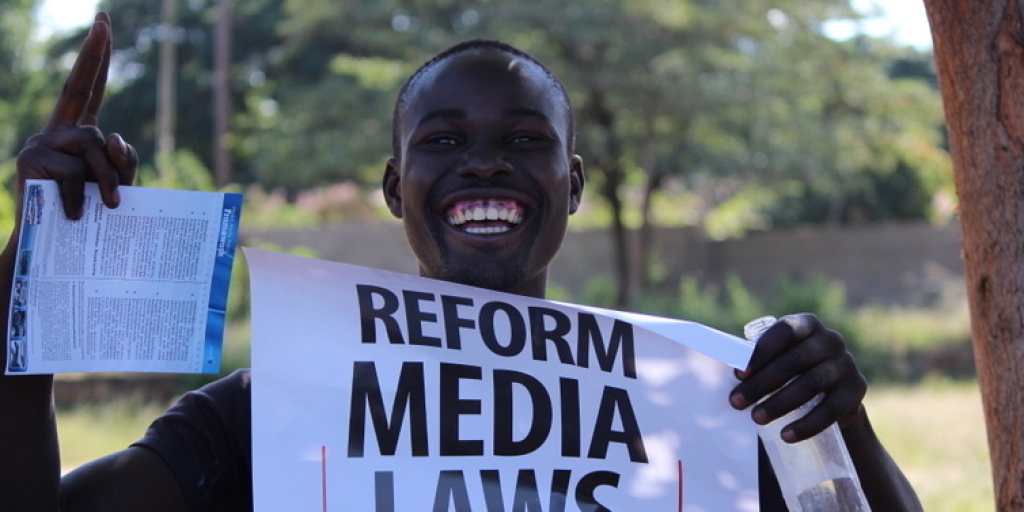UK Panel: public protection from press harm ‘virtually non-existent’
The Press Recognition Panel’s (PRP) Annual State of Recognition Report ‘shows a lack of independent and meaningful press regulation in the UK 11 years after the high-profile Leveson Inquiry‘.
The PRP, which was established to provide independent oversight of the ‘Regulation System’, conducted a ‘Call for Information from 31 October 2023 to 15 January 2024 that invited views from a range of individuals, stakeholders and people in relevant professions’.
A document before Parliament in the UK explains that the ‘Regulation System’ was designed so that news publishers could establish self-regulatory bodies which could seek recognition from the PRP to be ‘Approved Regulators’.
The PRP recognises such bodies as ‘approved’ if they meet the minimum standards by ‘demonstrating an ability to act independently from the industry and the government, are adequately funded to their job, have effective systems to manage complaints and provide a timely and low-cost arbitration scheme for resolving disputes’.
The PRP’s report found ‘the plight of individuals suffering due to press harms’ had been ‘ignored as the [Conservative] government races to repeal Section 40 of the Crime and Courts Act which is meant to protect the public from such practises and encourage news publishers to sign-up to an approved regulator’.
However, [the Act] also protects freedom of speech by preventing wealthy individuals and organisations trying to stifle investigative journalism by misusing the courts to bury journalists in legal costs
‘Section 40 is an important piece of legislation which was designed as part of the “Recognition System” post-Leveson – a system designed to take politics out of press regulation,’ says the PRP.
‘The failure to commence Section 40 since it was enacted in 2013 has undermined this objective. Should Section 40 be repealed, it will undermine the “Recognition System” itself and take us one step further towards the failure of this model of press self-regulation.
‘Our report includes examples which demonstrate the significant human cost that can be generated by the actions of the press on vulnerable people in difficult circumstances.
‘In our “Call for Information” this year, we received a personal account from a member of the public who spoke to us confidentially about their experience with the press following the disappearance of a family member:
‘ “We went to the police, we went to the newspapers — no one really wanted to help us, apart from the local newspapers. The others wanted to charge us for taking out a missing persons ad. When it came out that they had been killed, the media jumped all over us.
A lot of the time we were finding out things in the papers. We didn’t know if they were true or made-up. Wherever we went, even when we were with the police, they hounded us, they were camped out on our doorstep. There was no respect
‘ “We asked them to stop, but they didn’t until we confronted them with how much they were upsetting the children. Then they finally left us alone.
‘ “We had to sit next to them in court and listen to them discussing how they were going to report the case. Some journalists from the BBC and Channel 5 supported us, but the others were really cold — no empathy, talking about what they were going to say. One magazine wanted to interview us, but refused when we said we wanted to be able to agree the headline.
We didn’t know we could complain to anyone. It was such a difficult time, it was only years later that we looked back and realise how bad it was. Especially when someone else disappeared and it’s on the front page of every national newspaper — it felt as if they were deciding who was worth looking for or not
Hacked Off, in their response to the PRP’s ‘Call for Information’, ‘highlighted a series of other incidents of intrusion and other press abuses exposing members of the public to harm in the last year’:
- The family of Matthew Lavin, who complained after a newspaper reported on the man’s death after he died by suicide. The reporting appeared to glamorise the location of the suicide, gave excessive information about his injuries and cause of death, and referred to the deceased’s street level address. The Independent Press Standards Organisation (IPSO) rejected the complaint.
- The family of Susan Hart, who complained after The Sun reported that Ms Hart had died while on holiday in Greece. Her death had not been confirmed at the time of publication, at which point a search for her was underway. The report of her death in a national newspaper, therefore, caused considerable distress. Content from the family posted to social media was also taken and republished by The Sun without consent. When a member of the family called The Sun to seek a correction, the newspaper initially failed to do so. Eventually, The Sun agreed to publish a brief note on the article stating that Ms Hart had not been found deceased on the stated date.
- A woman complained after a newspaper named her daughter as the victim of a rape, in a piece headlined, ‘Scots drug dealer raped unconscious woman after he injected her with heroin’. The daughter had since died by suicide. The complainant, her mother, said that this reporting intruded on her grief, and that she feared for her daughter’s child, who might one day read the article and learn about the tragic circumstances of their mother’s death. The article also included pictures taken from social media, without consent, from the victim’s funeral. IPSO rejected the complaint.
‘As well as exploring the evidence which underlines the urgent need for meaningful and independent press regulation in the UK’, the PRP report made three ‘overarching recommendations’:
- The UK Parliament should not repeal Section 40 of the Crime and Courts Act 2013. Instead, it should either commence the provision or put in place alternative mechanisms to protect freedom of speech and the public by holding the whole of the press to account under an independent system of self-regulation
- The government should take steps to remove legal standing for press standards that are developed by the industry and for the industry rather than holding them to account
- Ofcom should include in their statutory codes of practice for online platforms implementing safety duties under the Online Safety Act 2023 that the definition of a “Recognised News Publisher” means a news publisher which is a member of an “Approved Regulator”operating within the “Recognition System”.’
Kathryn Cearns OBE, Chair of the PRP, said, ‘The public has been abandoned’.
‘A lack of action over the course of many years to fully implement the recommendations made during the Leveson Inquiry has been compounded by the current government’s move to rush through a repeal of Section 40 of the Crime and Courts Act.
‘A repeal of Section 40 will be devastating for the public in the UK where harm by the press is still inflicted far too often on ordinary members of the public. The public could lose its only viable route – were it properly commenced – to challenging the UK press and news publishers without incurring huge costs. In addition, it will denigrate freedom of speech in the UK.
‘We urge Peers in the House of Lords to stop this part of the media bill in its tracks before we lose the only pathway to independent and meaningful press regulation that exists.’
Update: ‘PressGazette’ reported on 24 May 2024 that, ‘The Media Bill was passed … removing the threat of state-backed press regulation and modernising broadcasting regulations for the streaming age‘.
‘The Bill included the repeal of Section 40 of the Crime and Courts Act 2013. Section 40 would have required news publishers to pay both sides’ costs in libel and privacy actions whether they won or lost unless they were members of a Royal Charter-backed press regulator.
‘Section 40 would have forced the UK’s main press regulator, IPSO, to adhere to the press regulation Royal Charter and become regulated itself by the statute-backed PRP.’




